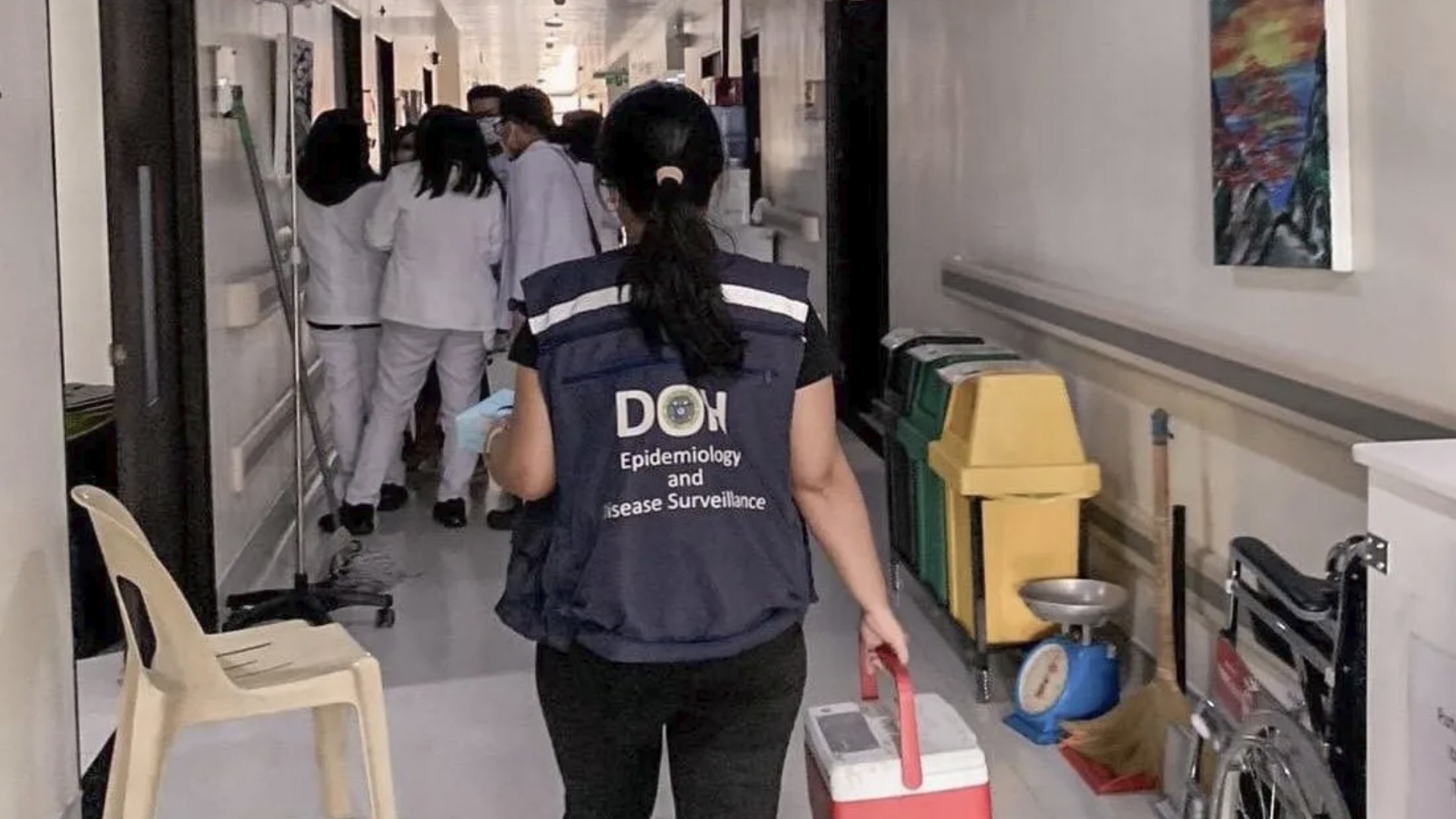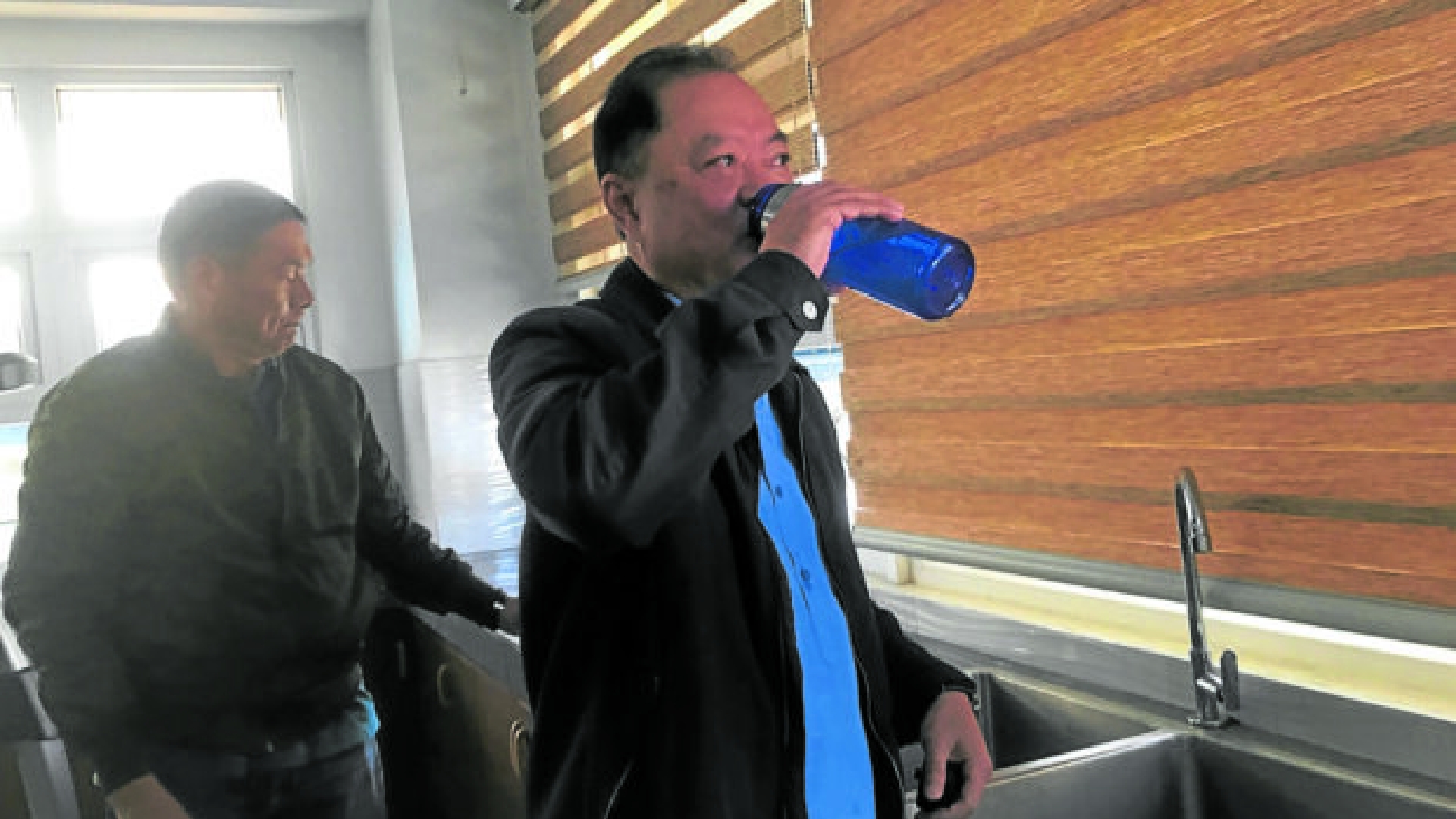The Baguio gastro outbreak has been declared over.

Following suspicions that the increase in diarrhea cases was caused by seven private deep wells, Mayor Magalong pronounced the outbreak of acute gastroenteritis to be gone. They were instructed to close, get cleaned, and then reopen.
The city epidemiologist, Dr. Donnabel Tubera-Panes, stated that water tests from 12 private facilities tested positive for coliform bacteria, and that these commercial deep wells were among those contaminated by fecal matter.
Because many private deep wells that sell raw water lack ledgers that will reveal who they have done business with and to what extent before and during the surge, Panes claims that the epidemiology team is mapping out the network of consumers of these facilities.

When the city government opened an online portal for "self-reporting," more people came forward, reporting an increase in diarrhea cases that started in downtown Baguio, including a well-known shopping mall. This brought the total number of suspected patients to over 3,000, including visitors who had come to the city over the Christmas and New Year holidays.
According to medical records, 383 patients had seen doctors or been admitted to nearby hospitals due to diarrhea, according to Panes.
Diarrhea cases peaked between January 7 and 8, according to Baguio City Mayor Magalong, who announced an outbreak on January 10. But between January 9 and January 13, the number of cases decreased, suggesting that the illness had been controlled. Starting with the 173 that have obtained permits, the city's sanitation staff will shortly test and inspect 1,003 private deep wells in Baguio.

Tap water is now available straight from faucets after tests on the water provided by the Baguio Water District (BWD) revealed no pollutants. The final laboratory results from the water samples that the Research Institute for Tropical Medicine (RITM) analyzed are still pending delivery to the City Health Services Office.
Via Philippine Inquirer
